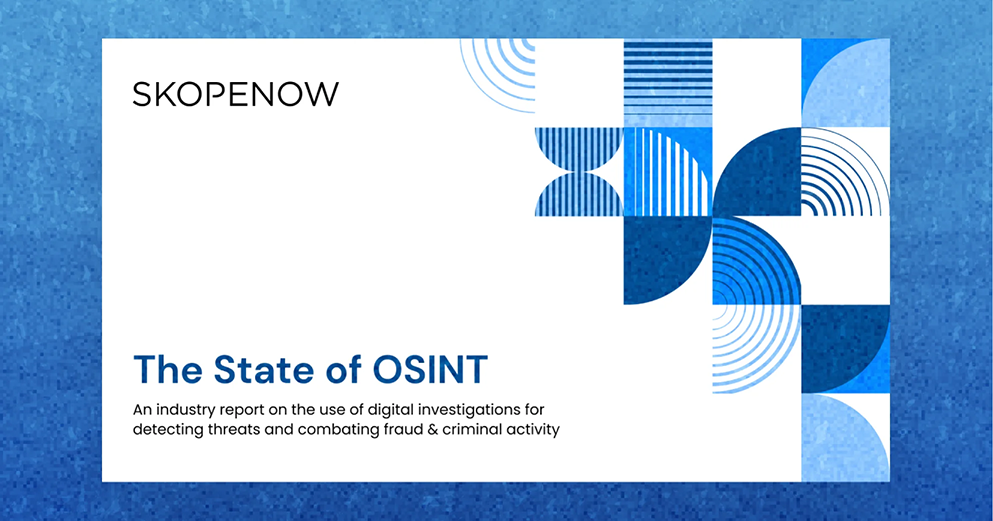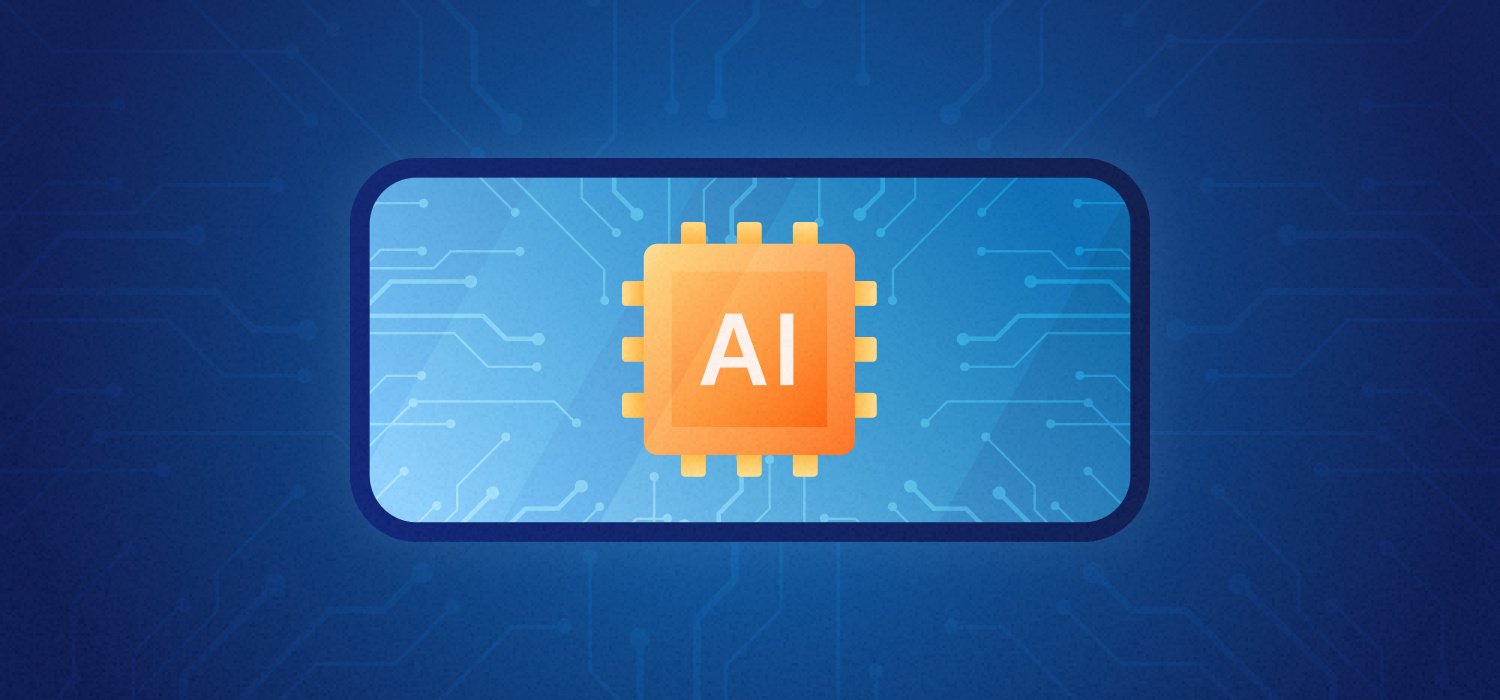December 16, 2024
AI for the IC: Why the Intelligence Community is Turning to Automation to Navigate Modern Data Challenges
Jake Palmer
Content Manager
The Intelligence Community (IC) has been contending with the growth of publicly available data for decades. However, it has recently embraced more advanced technology—specifically artificial intelligence—to effectively manage this volume of data. The Office of the Director of National Intelligence (ODNI) recently outlined its "Vision for the IC Information Environment," emphasizing the need for a robust digital foundation for our nation’s intelligence apparatus to maintain a strategic edge.
While the ODNI is primarily focused on leveraging AI and other solutions to streamline workflows and enhance cybersecurity, these technologies offer additional benefits, like protecting privacy and mitigating bias in intelligence operations. These advantages make AI indispensable in advancing OSINT processes for government users and ensuring ethical, accurate intelligence gathering.
Leveraging AI to Address Key OSINT Challenges
AI technologies are pivotal in refining OSINT processes to meet the demands of modern intelligence gathering. Here are the main ways it can help.
Managing Data Overload
The exponential growth of publicly and commercially available data—from social media to news outlets—has overwhelmed traditional analytical methods. AI-driven tools, such as natural language processing (NLP) and machine learning algorithms, automate data collection to ‘understand’ content and context across text, image, video, and audio, allowing analysts to focus their time on critical insights while also reducing the number of items that slip through the cracks.
For example, the CIA uses an AI-driven large language model in their OSIRIS platform to comb through and synthesize vast volumes of PAI and CAI and provide summaries to help them understand geopolitical developments and potential crises in real time.
Mitigating Analytical Bias
AI systems can inadvertently perpetuate biases from their training data, leading to skewed intelligence assessments. To counter this, the IC is investing in explainable AI frameworks that provide cited information sources and transparency in decision-making processes. By understanding these AI-generated insights, analysts can identify and correct biases, ensuring more accurate and objective intelligence outcomes.
Protecting Privacy and Ensuring Relevance
The ethical handling of personally identifiable information (PII) is paramount when processing public information. AI can assist by automating the search, triage, and redaction of online content that contains non-essential personal data, reserving human review only when relevant flags are detected to ensure compliance with regulations and maintain public trust. This capability is crucial as the IC seeks to balance effective intelligence gathering with the protection of individual rights.
Strategic Integration of AI in the IC
The ODNI's IT Roadmap outlines a comprehensive strategy for adopting AI at scale, emphasizing the development of enterprise guidance, standards, and policies by fiscal year 2025. This initiative aims to harness AI's potential to transform intelligence operations, enabling rapid and informed decision-making.
However, the integration of AI is not without challenges. Critical considerations include ethical use, transparency, and safeguarding against adversarial AI threats. The IC aims to address these issues by fostering collaboration among technologists, policymakers, and end-users to develop AI systems aligned with national security objectives and democratic values.
AI is a transformative force enhancing OSINT capabilities within the Intelligence Community, helping to detect, assess, disrupt, and defeat threats to the United States. By effectively managing data overload, mitigating biases, and upholding privacy standards, AI enables the IC to navigate the complexities of the modern information landscape. As the IC advances its AI integration efforts, a commitment to ethical practices and continuous collaboration will be essential to fully realize AI's potential in supporting national security missions.
Click here to learn more about how Skopenow supports the intelligence community’s OSINT programs.
Join over 1,500 organizations—including 50+ U.S. government agencies—that rely on Skopenow's platform to automatically collect and process relevant publicly available information and make better decisions. Learn more and schedule a personalized demo today at www.skopenow.com/try.


